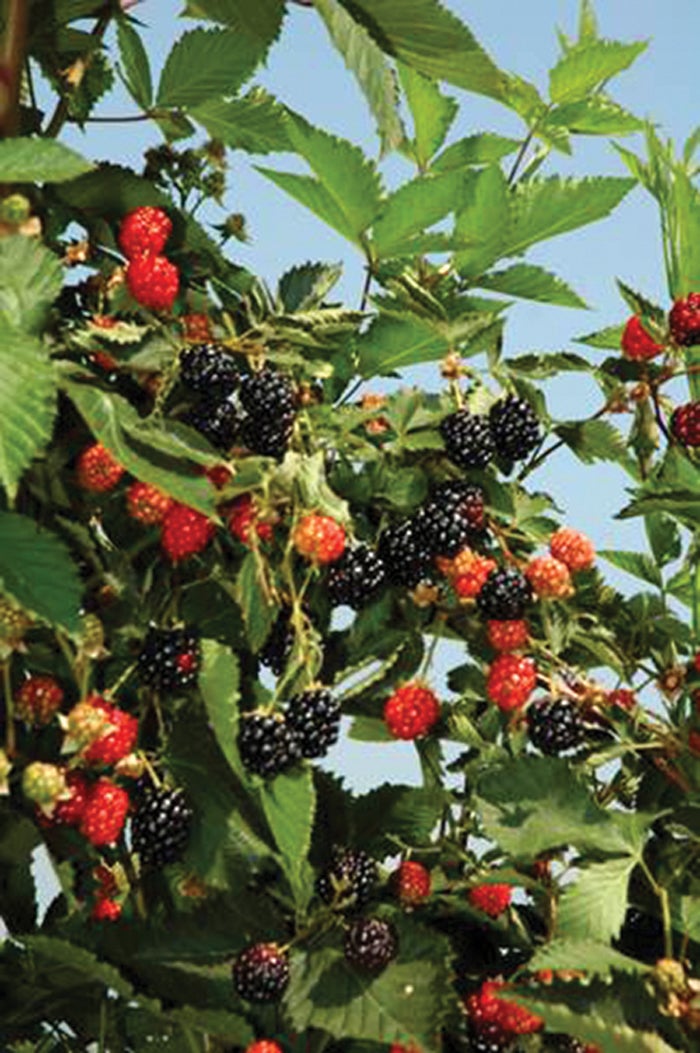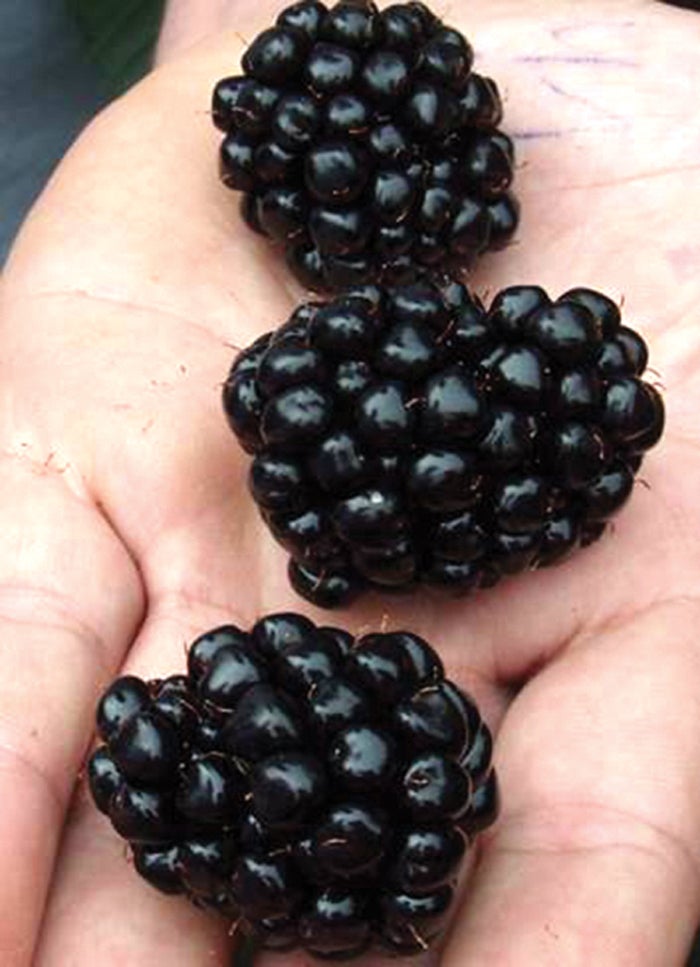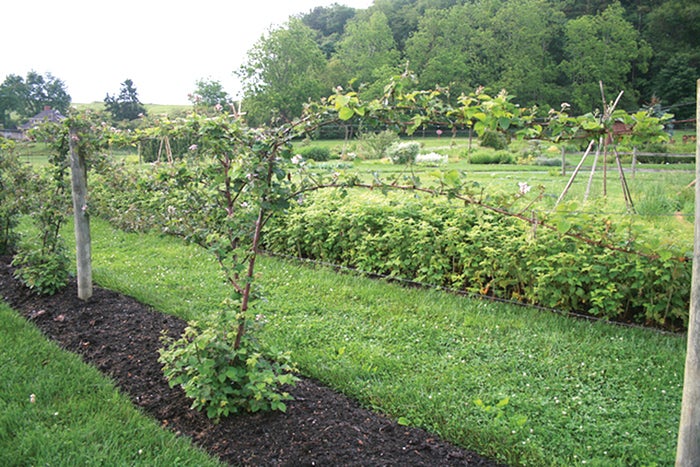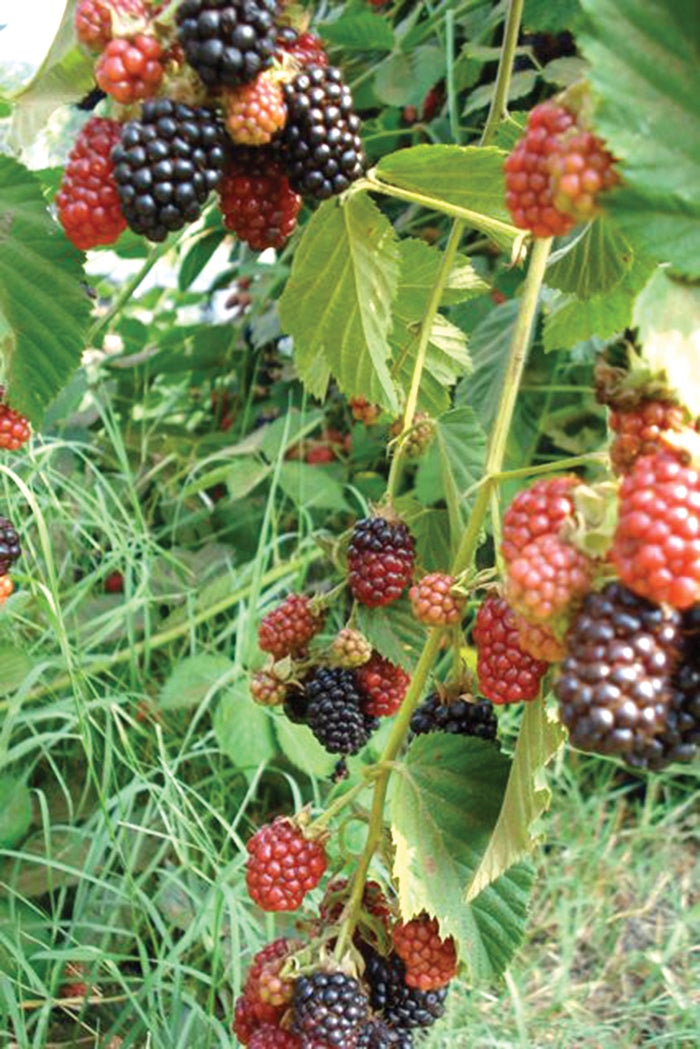Blackberries for the home garden
Published 12:00 am Friday, October 25, 2019
By Amy-Lynn Albertson
Rowan County Extension Director
If you are looking for a small fruit to produce in your backyard, blackberries may be the fruit for you.
Blackberries are one of nature’s magic fruits. They are high in antioxidants, comparable to kale and spinach. They are some of the most delicious and powerful disease-fighting foods available.
The blackberries you see in the grocery store are not the same blackberries you find along the edge of the woods, but they are close cousins. Domesticated or tame blackberries are two types: semi-trailing thornless and erect. Semi-trailing thornless blackberries have canes that are not self-supporting; they must be tied to poles or trellises. The semi-trailing variety should not be grown in areas where winter temperatures may drop below 0 degrees.
In contrast, erect blackberries can tolerate temperatures slightly below 0 degrees without significant injury to canes. Erect blackberries are the type of blackberry commonly grown in the Piedmont. Despite the name “erect,” they still need a trellis system or at least a fence row to grow on.
Blackberries require well-drained soil, full sun and plenty of room to grow. Before planting, you will need to do a soil sample to determine your land’s lime and nutrient requirements. The soil sample kits are available at the Rowan Extension Center. If your soil is not well-drained, you will need to establish the planting on a raised bed.
Blackberries require a lot of moisture while the berries are growing and ripening. If there is not enough rainfall, provide irrigation water equivalent to 1 inch of rain per week. A minimum rate of drip irrigation for mature blackberry plants is 2 gallons of water per day while berries are developing.
Mulching will help reduce the frequency of watering and helps control weeds and grasses that compete for moisture and nutrients. Generally, only a small crop of fruit will be produced in the first season. If growth is reduced during this primary season, cut the canes back to several inches in late winter to force the development of sturdier, more fruitful canes.
After the second year, you will get a full crop. The harvesting of some erect thornless blackberries usually starts the third to last week of June and lasts four-five weeks. A single blackberry plant can produce 10-15 pounds of fruit.
Pick when the fruit is dull black in appearance, not shiny black. Ripe blackberries will quickly come off the cane with little effort at all. The berries will not sweeten up after being harvested, so for the sweetest berries, wait as long as you can. If you eat a shiny black blackberry, it will be sour and not have a high sugar content.
The 4-H plant sale has erect thornless blackberries for sale this year. Arapaho has a medium-size fruit with excellent flavor; it ripens over four weeks. Navaho is an erect thornless variety with medium fruit and ripens later and has superior fruit quality.
Ouachita is one of my favorite varieties with ample fruit and great flavor. The fruit ripens during the middle of the season over five weeks.
Blackberry plants are in one-gallon pots and cost $10/plant. The plant sale is pre-order only, and the deadline for orders is Oct. 31. Hurry up and get your orders in. https://go.ncsu.edu/2019fallplantsale or contact the Rowan Extension office for 4-H plant orders or more information on blackberries and other horticultural topics at 704-216-8970.







